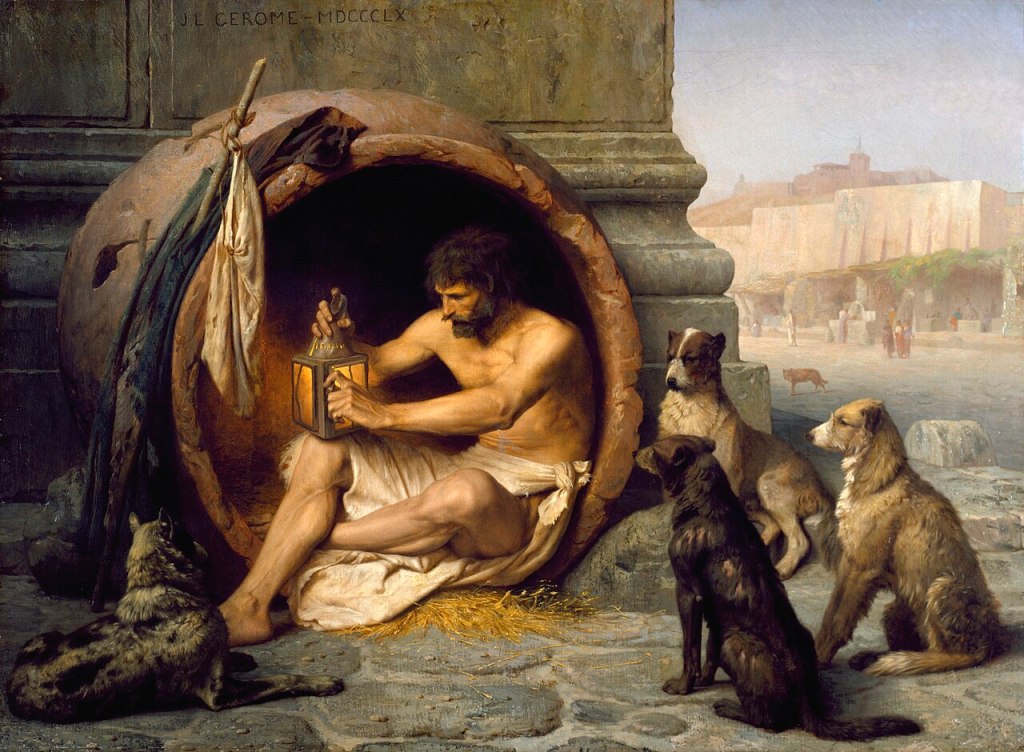No. I’ve trained myself to recognize factors, such as selection bias, that contribute to superstitions. And I try to hold all beliefs only so tightly as they can be shaken away by better understanding, particularly beliefs that aren’t strongly supported by experience and reason.
Tag Archives: superstition
BOOK: “Toleration and Other Essays” by Voltaire
 A Treatise on Toleration and Other Essays by Voltaire
A Treatise on Toleration and Other Essays by VoltaireMy rating: 5 of 5 stars
Project Gutenberg — Free Access
This collection gathers together eight essays and a poem. The theme that interconnects these works is a petition to avoid petty tribalism and irrationality / superstition in the practice of one’s religion. The titular essay, “On Toleration,” sets the collection’s tone, beginning with its detailing of the murder of Jean Calas on religious grounds and its exploration of many more acts of savagery attributable to sectarian forces in alliance with authoritarian governments. The poem, “Poem on the Lisbon Disaster,” echoes the central idea of “Candide” — i.e. the idea that we live in the best of all possible worlds is patently false.
As one would expect of Voltaire, there is plenty of humor and satire throughout these pieces. The arguments are also generally well supported by facts. It is clear that Voltaire possessed a great deal of the knowledge of his day. That said, the reader may well find some factual errors. Most notably, Voltaire tends to attribute a kind of enlightened utopian vision to cultures with which he was likely largely unfamiliar as he builds a case against many within the culture with which he is familiar. This isn’t to say that there isn’t some truth to Eastern traditions being historically more tolerant of other sects than the Abrahamic religions, but the degree to which he extends these idyllic views of those outside of Europe (and the details, thereof) don’t always seem to comport with the historic record.
While some may be inclined to dismiss this book as a collection of anti-religion writings, it is really not anti-belief at all. (Though he does poke holes in many a Biblical myth, so too does he actually provide a deist argument in favor of the existence of a god or gods in the book’s final essay.) Instead, the collection is anti-intolerance, anti-superstition, and anti-authoritarianism. I’d highly recommend this book for all readers. Whatever flaws it may contain are outweighed by the great importance of its message and the cleverness with which Voltaire conveys said message.
View all my reviews
Five Wise Lines [April 2024]
Of what use for us is a man who, although he has long practiced philosophy, has never upset anyone?
Diogenes of sinope on Plato, according to themistius
The superstition that we must drive from the Earth is that which, making a tyrant of God, invites men to become tyrants.
Voltaire in On Superstition
The progress of an artist is a continual self-sacrifice, a continual extinction of personality.
T.S. Eliot in Tradition and the Individual talent
What’s the difference between a king and a poor man if they would both end the same bundle of white bones.
Zhuangzi
The absence of evidence is not the evidence of absence.
Carl sagan (Note: There are variations on this quote that long predate Sagan’s)
HONORABLE MENTIONS:
You live off the crumbs that fall from the festive table of my genius.
Kurban Said in Ali and Nino [Not so much wisdom as a wicked burn]
To roam Giddily and be everywhere, but at home, Such freedom doth a banishment become.
John donne in a Poetic letter to rowland woodward
Lions are not the slaves of those who feed them, it is the feeders, rather, who are the lion’s slaves. For fear is the mark of a slave, and wild beasts make men fearful.
Diogenes the cynic
PROMPT: Superstitious
Are you superstitious?
Not even a little.


